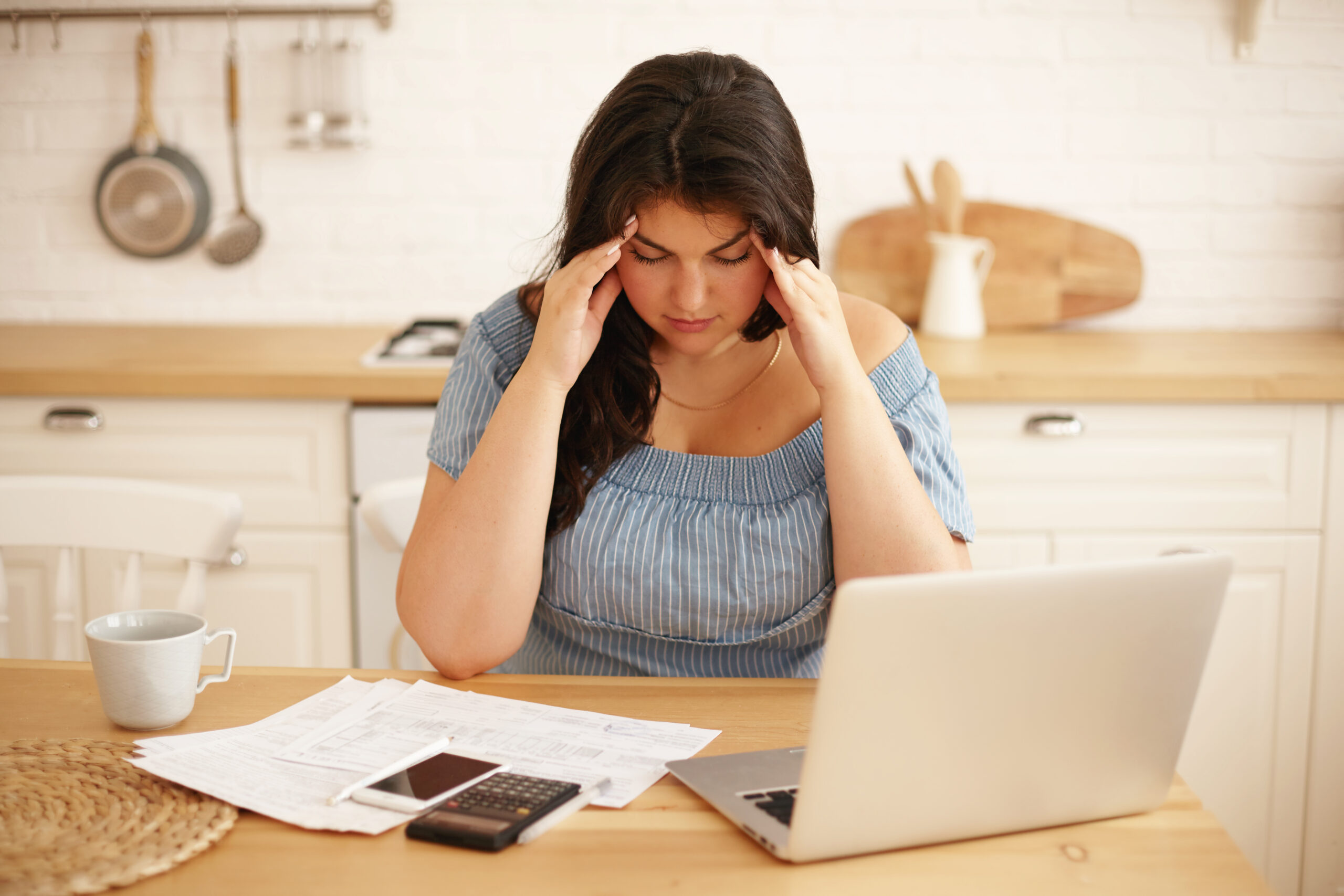Filing Your Tax Return Late

So the self-assessment tax return filing deadline has passed and you’ve missed the boat. Perhaps you had every intention of filing on time and things got away from you, or perhaps you had some personal circumstances that have meant that filing a tax return has dropped to the bottom of your list.
Whatever the reason, don’t panic. There are very few situations in the tax world that can’t be rectified. Just because you miss the deadline doesn’t mean that you can’t quickly get your tax affairs in order. Here’s what to do:
File Your Tax Return
This might sound really obvious, but the first thing you’ll need to do is to file your tax return. NOt only will that get you squared away with HMRC, but you’ll be able to see your tax bill, tax you owe and be directed to pay your tax.
Knowing the amount of tax you owe sooner rather than later is always an advantage – even if you are doing it with a late filing.
The payment deadline for tax is also 31 January, so to stop interest accruing on the amount you need to pay, a slightly late return and late payment is better than a very late tax return and late payment of outstanding tax and interest.

Late Payment Penalties
There’s no escaping the fact that a late filing will usually result in a penalty.
You’ll get a penalty if you need to send a tax return and you miss the deadline for submitting it or paying your bill.
You’ll pay a late filing penalty of £100 if your tax return is up to 3 months late. You’ll have to pay more if your tax return is later, or if you pay your tax bill late.
You’ll be charged interest on late payments of the tax due.
As we mentioned above, sometimes there are mitigating circumstances for filing your tax return late, so you may be able to get your penalty waived if you can provide a reasonable excuse for missing the filing deadline.

What is Considered a Reasonable Excuse?
You can appeal against some penalties if you have a reasonable excuse, for example for your return or payment being late.
What may count as a reasonable excuse
HMRC considers this to be something that stopped you from meeting a tax obligation that you took reasonable care to meet, for example:
- your partner or another close relative died shortly before the tax return or payment deadline
- you had an unexpected stay in hospital that prevented you from dealing with your tax affairs
- you had a serious or life-threatening illness
- your computer or software failed just before or while you were preparing your online return
- service issues with HM Revenue and Customs (HMRC) online services
- a fire, flood or theft prevented you from completing your tax return
- postal delays that you could not have predicted
- delays related to a disability you have
You must send your return or payment as soon as possible after your situation is resolved, as well as pay any outstanding tax.
If you’re affected by coronavirus (COVID-19)
HMRC may consider COVID-19 as a reasonable excuse for missing some tax obligations (such as payments or filing dates).
Explain how you were affected by COVID-19 in your appeal. You must still make the return or payment as soon as you can.
What is not an excuse for late tax returns?
HMRC says that the following will not be accepted as an excuse:
- you relied on someone else to send your return and they did not
- your cheque bounced or payment failed because you did not have enough money
- you found the HMRC online system too difficult to use
- you did not get a reminder from HMRC
- you made a mistake on your tax return
In 2022 HMRC is waiving the late penalty for tax returns that are filed after 31 January 2022 but before 28 February 2022. There will still be interest charged on the tax due if you pay your tax late, but for the second year in a row, HMRC has offered a reprieve to stressed-out self-employed people.
What’s interesting is that HMRC won’t be sympathetic to you if you find filing your tax return online tricky. As we all know, when you’re self-employed you’re expected to wear many many hats – including becoming your own finance department. Filing tax returns is just another part of that.
For that reason, many self-employed people (wisely!) choose to use an accountant to file their returns in the hope of avoiding penalties. But what if your accountant files it late and it’s genuinely not your fault? We’ve heard stories of accountants sitting on work for over 6 months before they file their client’s income tax with HMRC. That’s most of a tax year!
Well, HMRC says that your accountant filing late is not a good enough excuse to have any penalties waived. So to avoid penalties, make sure you always use a reputable accountant!
Pay your Income Tax
Once your tax return is filed you’ll need to pay your income tax.
The easiest way to pay your income tax is online. You can pay your income tax in a variety of different ways on the HMRC site – https://www.gov.uk/pay-self-assessment-tax-bill
Because of coronavirus (COVID-19) you’ll not get a late filing penalty as long as you submit your online return by 28 February 2022.
You’ll not get a late payment penalty if you pay your tax in full or enter into a payment plan by 1 April 2022.
You will however still be charged interest from 1 February 2022 if you pay after the Self Assessment tax deadline of 31 January 2022.
Avoid Filing a Late Tax Return
Ultimately, you don’t want to be in a position where you file tax return late. If you run a business or are self-employed then self-assessment tax returns are part of your life now and there’s no avoiding it!
Our top tips to avoiding the stress of late tax returns are:
- Get an accountant. Ok, we know we’re biased but if we could collect all of the happy tears we see each tax year because we’ve solved someone’s tax woes then we’d probably have enough to fill a decent-sized paddling pool.
- Get organised. Sort out your filing system to work per tax year rather than alphabetically or numerically. Having a tax year focus will save you a lot of time trying to find the documents you need.
- Understand HMRC. They really aren’t the bad guy. All HMRC wants to do is get everyone to file their tax returns and pay their tax due. They’re really not out to deliberately make your life difficult!
- Don’t fight it. Doing a self-assessment tax return is part of your life now, like renewing your car insurance or brushing your teeth. Lean into it and make it as painless as possible.
File your return early in the year. Just because your tax bill is due to be paid in January doesn’t mean that you can’t file months before that! File your tax return as soon as you can after the end of the tax year so that you’ll know exactly your tax due. Then you’ll have months until the payment deadline to make sure you have enough money put aside to cover it.






